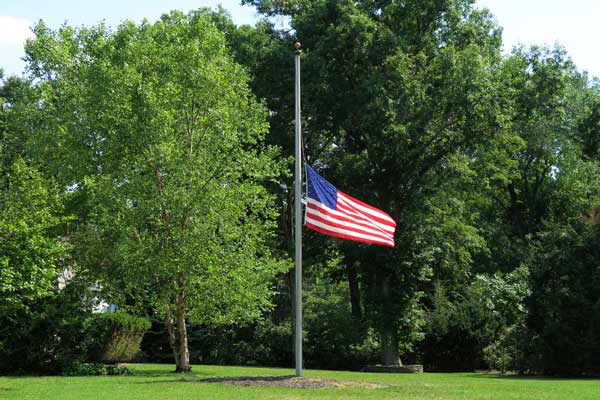Like all the students and graduates of military academies and schools, my officer training classmates and I pledged our commitment to the Army’s Code of Conduct. This code said that we would follow the rules of the school, the military services, the Constitution, and laws of the United States of America. Fulfilling our duties was a matter of honor, the essential quality to which we aspired as we served our nation and our fellow countrymen.
On November 2, 1968 my commitment to honor lifted me from the safety of my prone fighting position and allowed me to run through enemy gunfire to bandage and provide first aid to a wounded rifleman, throw him on my back and run as fast as my spaghetti legs would carry us to a waiting Medivac helicopter. Taking that action was both a matter of life and death for my wounded comrade and a matter of honor for me. A soldier would rather lose his life than his honor.
One of the most honorable men I have known from afar is Senator John McCain. Senator McCain was captured the year I went to Vietnam in 1968. He endured seven years of daily torture before being released from a North Vietnamese prison following the Paris Peace Accord in 1975. Years earlier, when the North Vietnamese learned his father was an Admiral and Commander of the Pacific Fleet, he was offered release from prison and a flight to the US. He declined the offer because there were prisoners who had endured captivity longer than he.
The torture that Senator McCain endured at the hands of his North Vietnamese captors was severe. Nearly every day, in a torment similar to Roman crucifixion, his arms were tied over his head so that just his toes touched the floor. He was suspended in this position for hours. Following his release from captivity and for the rest of his life his damaged shoulder muscles would not permit him to lift his arms above his head. The simple act of putting on a dress jacket was a reminder of the cruel treatment he received at the hands of the communists.
I disagreed with Senator McCain on some issues of policy, especially those relating to health care and illegal immigration. But I have always believed that Senator John McCain was a person of great honor. He was a man of character and not one who adopted popular positions with which he disagreed for political expediency.
Contrasting Senator McCain’s life of honor with the lives of others who have lived less honorably is neither necessary nor beneficial. Flags are flying at half-mast because virtually every American knows that a man who provided great service to our country has died. Those who value duty, honor, and country can simply say that an honorable man has lived among us, a man of principle and courage, and we are all better for the example he set and the life he lived.


